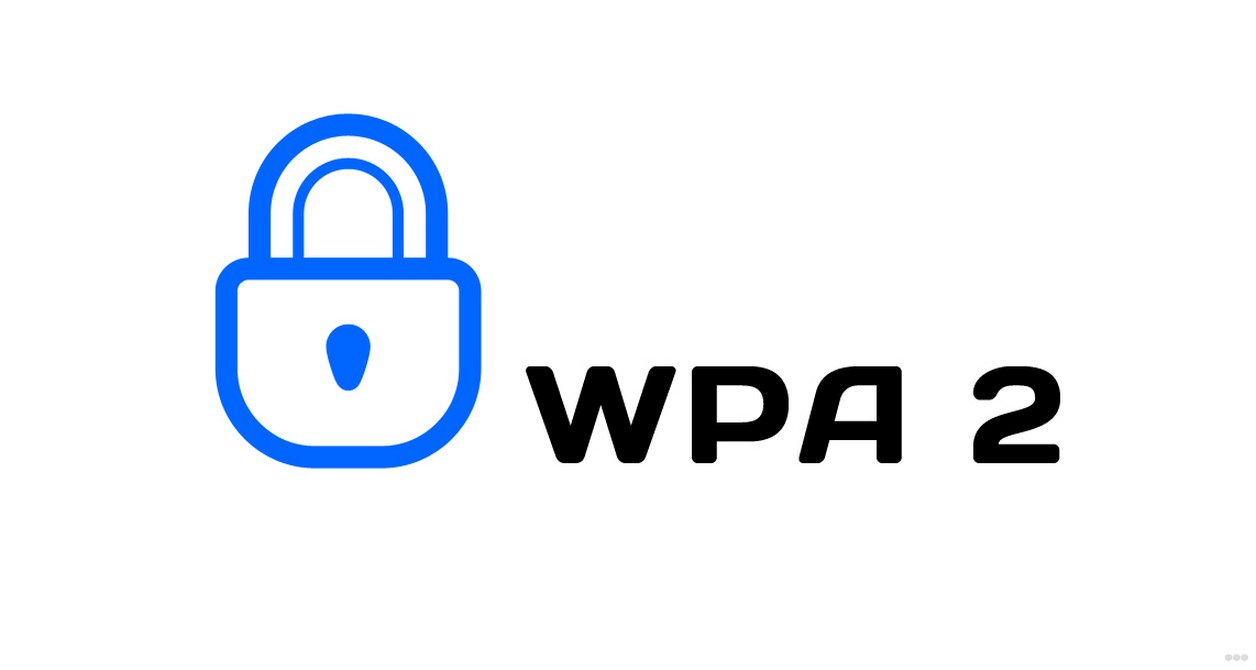Wi-Fi Protected Access (WPA) – Pre-Shared Key (PSK) is an authentication technique used in wireless networks. It is one of the most widely used security protocols, as it provides increased data privacy and stronger encryption than Wired Equivalent Privacy (WEP). The Wi-Fi Alliance introduced WPA-PSK as an interim standard while they worked on the more secure WPA2 security protocol.
WPA-PSK works by authenticating wireless devices using a shared secret key. Each individual user must have their own shared secret key, known as a Pre-Shared Key (PSK). This shared key is used to generate a unique encryption key, known as the Pairwise Master Key (PMK), for each session. This key is then used to encrypt data between the device and the access point.
The major advantage of WPA-PSK over WEP is that the shared key does not have to be broadcasted across the wireless network. Instead, it is securely sent to the access point when the wireless device connects. This increases security as it reduces the risk of the key being intercepted.
WPA-PSK is not as secure as WPA2, but can provide a reasonable level of security against common attacks. It is, however, considerably easier to setup than WPA2-Enterprise as it does not require server-side authentication or certificates.
In summary, WPA- PSK is a convenient and reasonably secure authentication method which can be used in place of Wired Equivalent Privacy (WEP) to enhance data privacy and encryption. It is not as secure as WPA2, but can provide a reasonable level of protection against common attacks.





